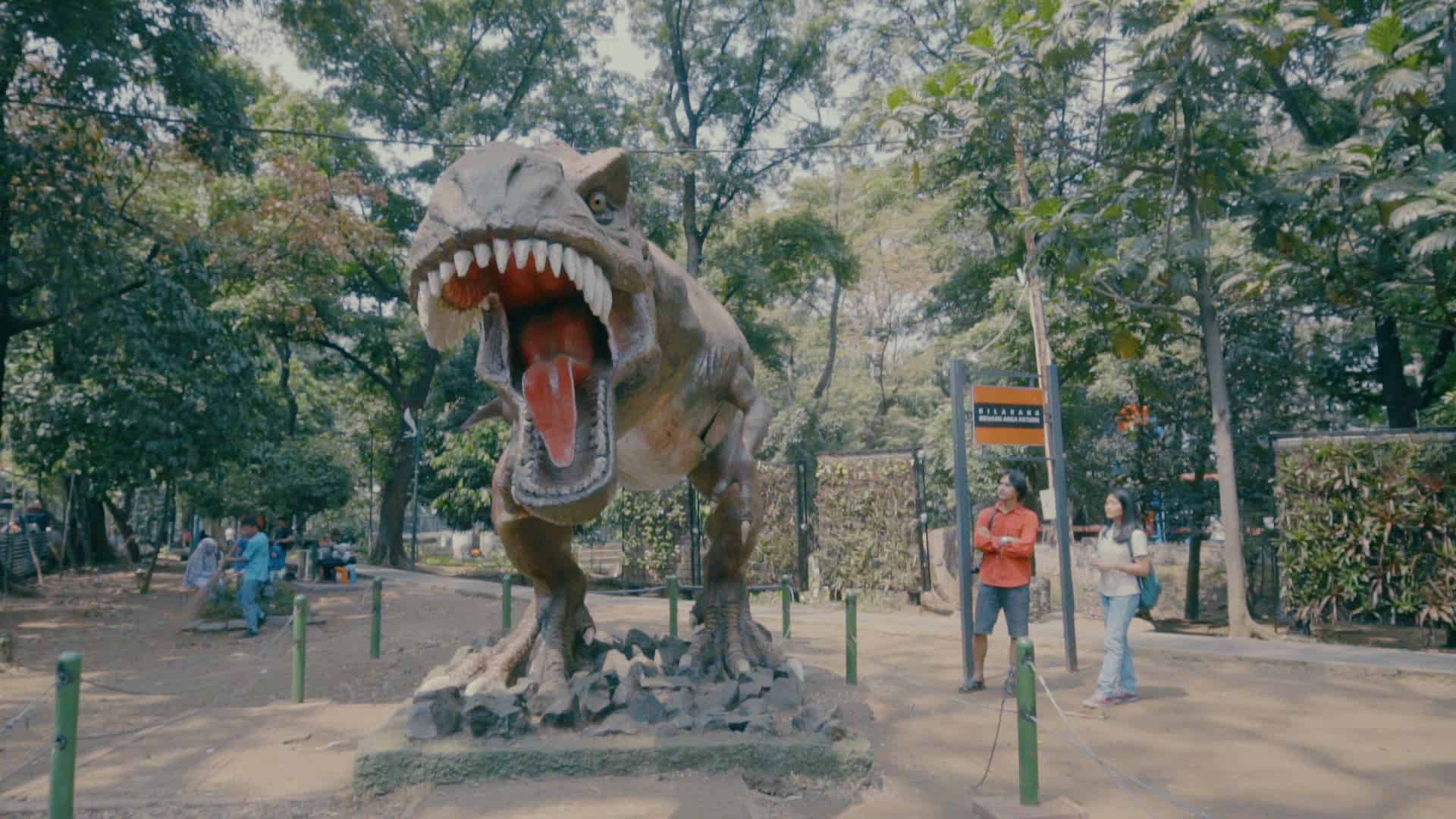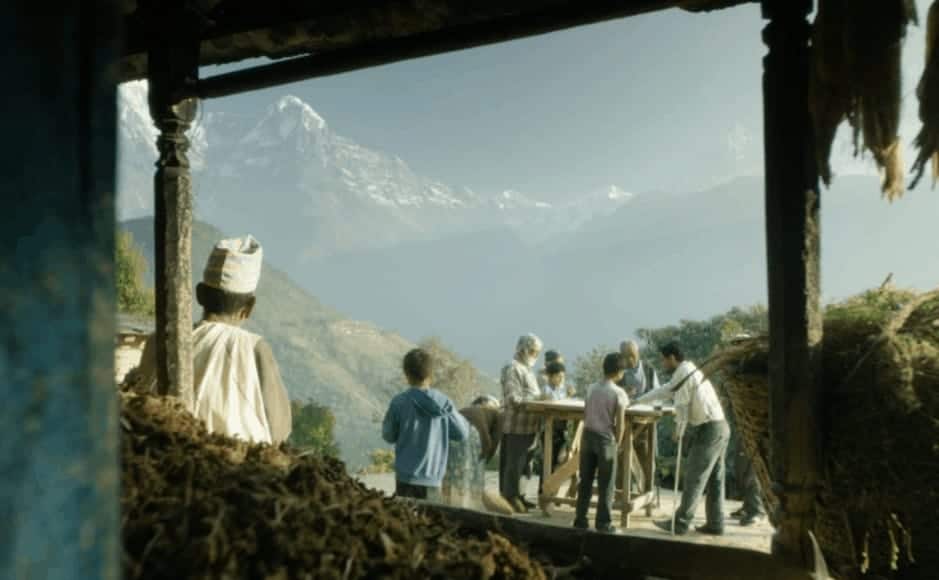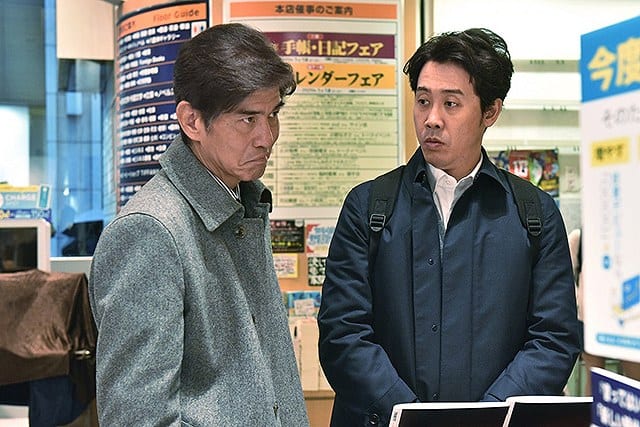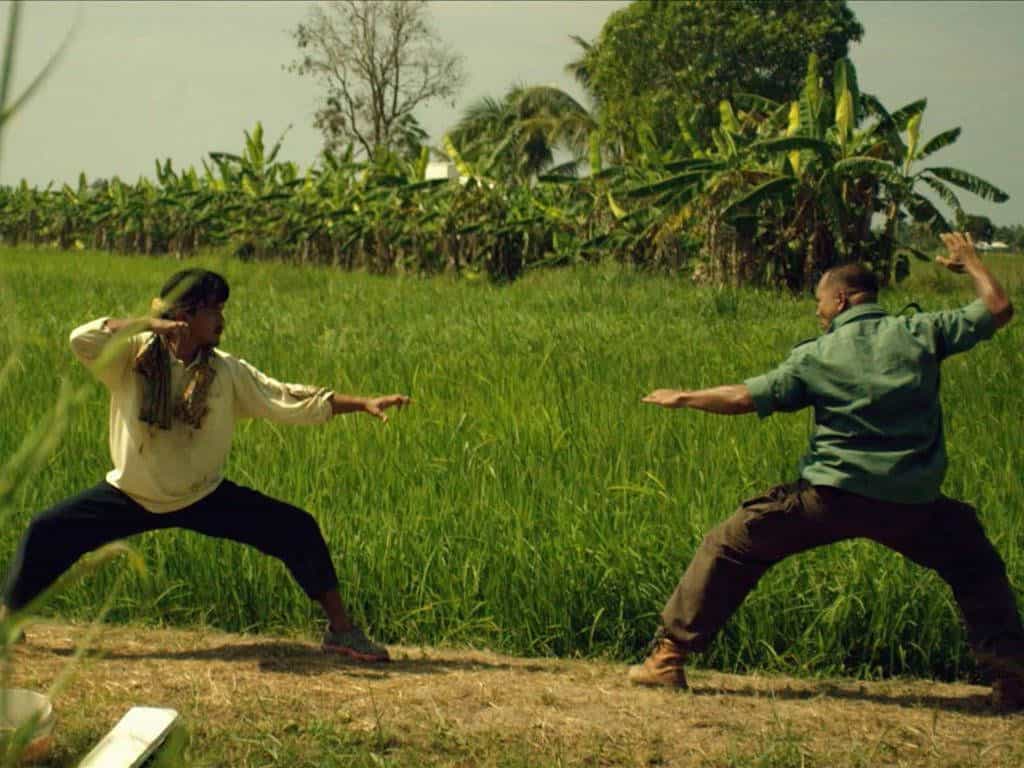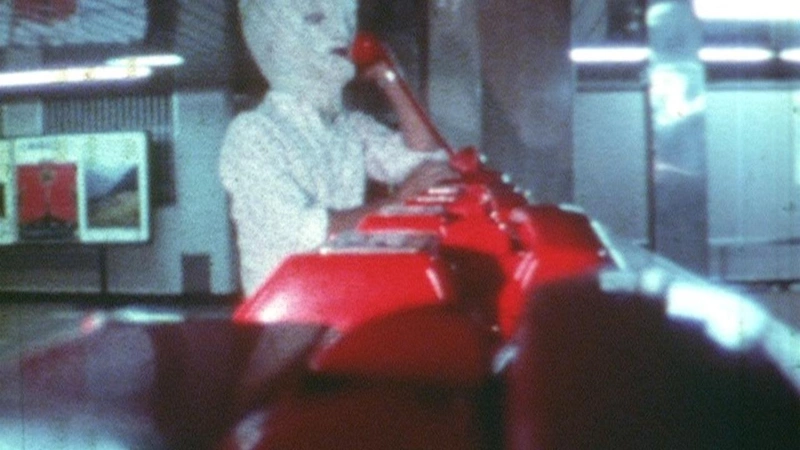“Fruits Basket” is one of the most iconic manga and anime of all time in its genre, which tells the story of Tohru Honda, an orphan girl who, after meeting Yuki, Kyo, and Shigure Sohma, learns that 13 members of the Sohma family are possessed by the animals of the Chinese zodiac and are cursed to turn into their animal forms when they are weak, stressed, or when they are embraced by anyone of the opposite sex that is not possessed by a spirit of the zodiac. As the series progresses, Tohru learns of the hardships and pain faced by the afflicted members of the Sohma family, and through her own generous and loving nature, helps heal their emotional wounds. As she learns more about Yuki, Kyo, and the rest of the mysterious Sohma family, Tohru also learns more about herself and how much others care for her. The anime series initially screened in 2001 and got a remake in 2019, which lasted until 2021. Now a movie has also just been released, including recap of the series' 2019 anime adaptation, a prequel story titled Kyо̄ko to Katsuya no Monogatari that focuses on Tohru Honda's parents, and an original epilogue story written by Natsuki Takaya, the creator of the original.
As such, the prologue connects the movie with the series, focusing, though, on Kyo, more than Tohru, and how he came to meet her mother, in a meeting that completely changed his life. The dramatic premises of the movie are established here, as the segment is filled with moments of tension and sadness, but the truth is, that, without having watched the series before, this part does not make all that sense, although it does make for a good transition towards the main chapter of the film.
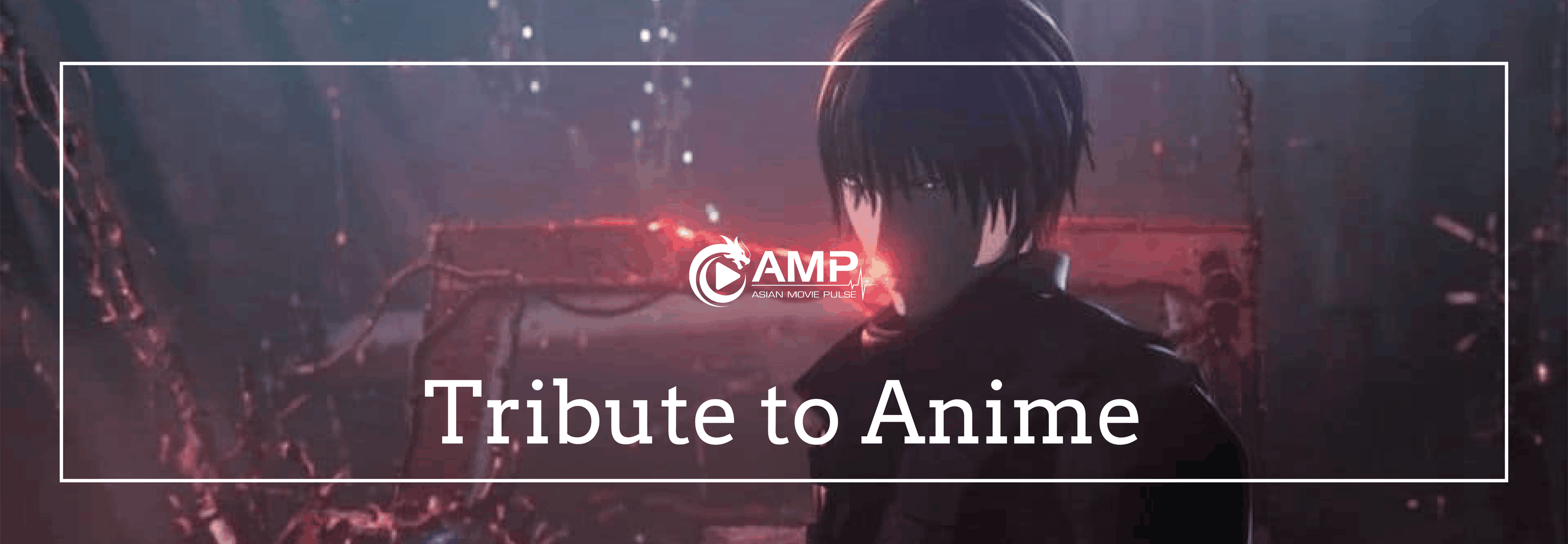
In here, we are introduced to a young Kyoko, who as a teenager was a real delinquent, constantly fighting with her parents and actually running with a gang, truly lost inside her life's dead ends and her parents' inability to understand anything about her. All these change however, when she meets Katsuya Honda, a professor in the school she attends, who takes her under his wing, being the first man who truly understands her. At the time, Katsuya is a star professor, but more due to his father's legacy than his own merit, a burden that actually weighs heavily upon him. The two connect quickly, and regardless of the inappropriateness of their initial relationship, they end up in love and eventually married, despite the protests of both families. The birth of Tohru makes their lives even happier, but eventually tragedy occurs, completely engulfing Kyoko, who even neglects her 3-year-old daughter as she is succumbing to depression. Change, however, takes place one more time.
The combination of romance and drama that dominates this segment works excellently here, with Yoshihige Ibata presenting a truly captivating story, which retains interest from beginning to end, despite the fact that the ending of the relationship and the fate of the two protagonists is actually known. This aspect benefits the most by the characters, both of which are quite interesting in their antithesis, with the way Katsuya takes the role of mentor from the beginning, without, though, being afraid to show his vulnerabilities, being one of the best aspects of the narrative. The scene in the beach cements this approach in the most captivating way, in one of the best sequences in the movie, along with the ones showing Kyoko's downward spiral near the end. Lastly, the movie also fills a gap in the storyline of the series, thus working quite well as an accompaniment to it, in prequel fashion.
The ending also functions well, as it connects with the most major aspect of the prologue, concluding the story in the most elaborate way.
Masaru Shindo's quite detailed character design follows the usual Western characterization, with the protagonists being tall, lean and wide-eyed (although not to the ridiculous level occasionally witnessed in anime) and quite attractive for that matter. Despite the premises of the story, there is no kind of sensualism involved, although the relationship between a professor and a high school student can be described as provocative. The amount of drama though, and the intensity with which it is presented, makes the movie one addressed to a more mature audience, or at least not addressed to children.
The animation by TMS Entertainment is excellent, with the movement of the characters and their interactions with their environment following the realistic premises of the story, with the same applying to the mostly bright coloring that also makes the darker moments stand out.
Despite the fact that the prologue will be confusing to viewers who have not seen the original series, the main segment here definitely compensates, offering entertainment and closing of loose ends in the most elaborate fashion.



